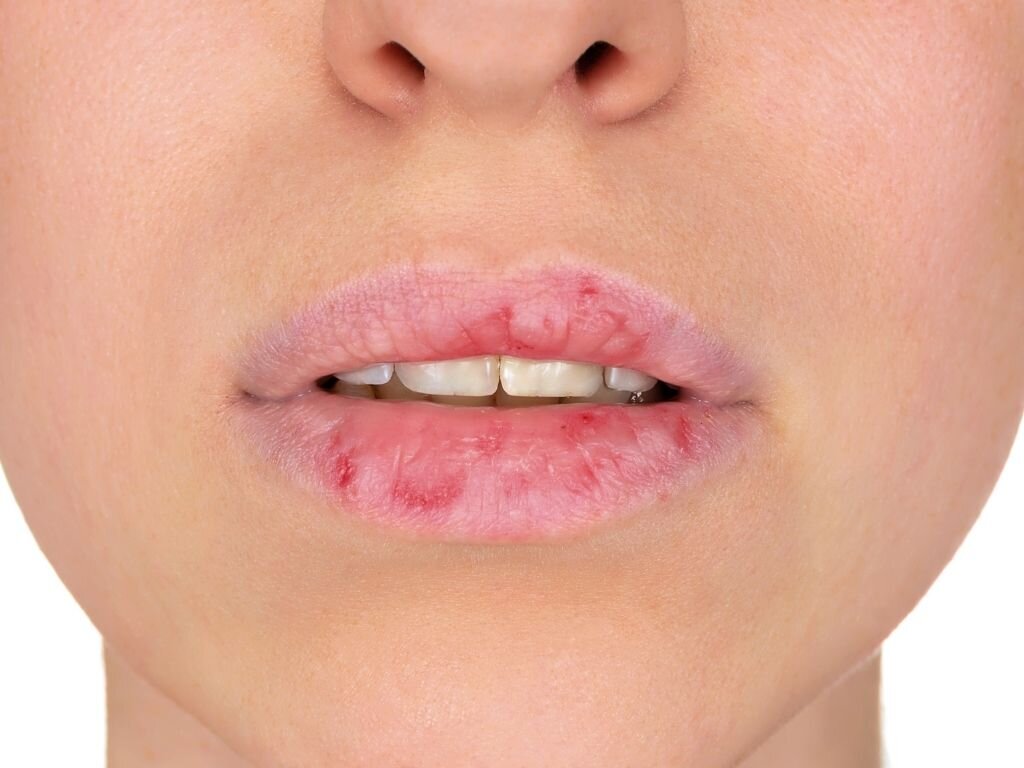Dry, Chapped and Cracked Lips
A dental patient applies lip balm to his chapped lips before an appointment
MANY OF US find ourselves with chapped lips in extreme weather. For others, this can remain a problem at any time of year, causing prolonged discomfort. If you would like to find out how to prevent dry, chapped and cracked kissers, keep reading!
Common Signs To Watch Out For
To start, it's a good idea to recognize some signs of chapping or dryness. (You may be showing a number of them, too!)
Bleeding from the corners of the mouth
A painful smile
Signs of cracking or peeling
Sensitivity
Frequent licking
Open sores
A dental patient shows signs of cracked, dry lips
Luckily, there are habits you can adopt to try and reduce these symptoms!
How To Help Your Mouth Live Its Best Life
Stay hydrated: make sure you are drinking enough water to keep hydrated - drink until your urine (yes, TMI) is the colour of a light champagne
Avoid alcohol: alcohol consumption can lead to dehydration, making it harder for your body to absorb water
Don't lick your lips: saliva dries them out - moisture is removed as the saliva evaporates
Be wary of cosmetic products: such as flavoured balms, stick balms or ointments that contain petrolatum (to lock in moisture) and dimethicone (to seal cracks)
Eat well: a lack of vitamins, such as Vitamin A, B, C, B2 and E, can cause cracks to form
Don't bite: while it may be tempting, biting on peeling lips can cause further damage
If your problems persist, it's always a good idea to consult your doctor.
Our team can provide you with more suggestions on maintaining healthy lips during routine check-ups and cleanings, so don't be afraid to ask for help!
References
Knvul Sheikh. “Can Lip Balm Make Your Chapped Lips Worse?” Livescience.com, Live Science, 22 Nov. 2018, Livescience.com.
Eske, Jamie. “How to Get Rid of Chapped Lips: 6 Ways.” Medicalnewstoday.com, Medical News Today, 24 Jan. 2019, Medicalnewstoday.com.
“Chapped Lips - an Overview | ScienceDirect Topics.” Sciencedirect.com, Science Direct, Sciencedirect.com
Use the button below to book an appointment.
The content on this blog is not intended to be a substitute for professional medical advice, diagnosis, or treatment. Always seek the advice of qualified health providers with questions you may have regarding medical conditions.



